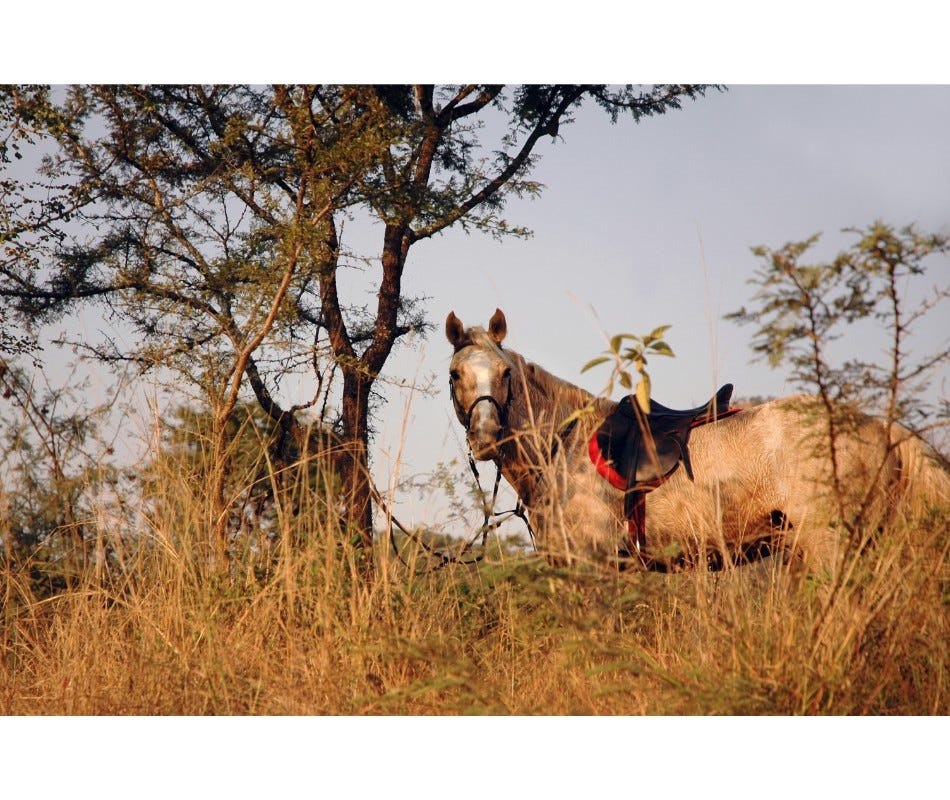We use cookies to make your experience better. To comply with the new e-Privacy directive, we need to ask for your consent to set the cookies. Learn more
Does My Horse Have Gastric Ulcers?
Does your horse have poor appetite, poor performance and weight loss? Do you observe its coat to be dull? Did its behavior change or does it experience episodes of mild colic?
If yes, then it could be that your horse is suffering from gastric ulcers. This condition is quite common among horses and is characterized by stomach lining erosion.
All types of horses can suffer from gastric ulcers but commonly, racehorses or performances horses suffer them more. A huge 93% of racehorses can suffer from the condition. Foals can also be at risk especially during their first few months since birth, that about 50% of them can develop gastric ulcers. There are various factors that contribute to the formation of ulcers and these include exercise, diet, stress and illness, and prolonged usage of anti-inflammatory drugs like “bute”.
How Ulcers Form
Horses are generally trickle feeders. Gastric acid is constantly produced in their stomachs. However, buffering of the acid occurs when there is roughage in the diet, and this usually comes in the form of hay, haylage, or grass. The act of chewing can also help with acid buffering since saliva of the horse contains bicarbonate, a good acid neutralizer.
Diets that are rich in grain can also be one of the causes of gastric ulcers in horses. This is because these type of feed are rapidly eaten. The level of saliva production is not so significant. Additionally, these feeds undergo fermentation in the bowel which will produce all the more acid.
Heavy exercises also increase the risk for ulcer development. Exertion usually results to the compression of the stomach by the diaphragm and other organs in the abdominal region. This would force the digestive juices to flow through the region of the stomach, which is not usually exposed to gastric acid and is not entirely protected against its corrosive nature. This is known as gastric splashing.

If you observe that your horse is not doing well as opposed to its usual temperament, you need to investigate further and if your horse is confirmed to have ulcers, it’s time to take action.
,








Validate your login